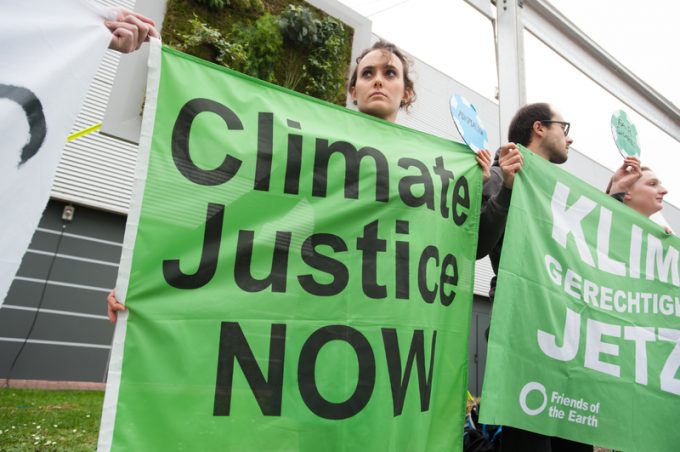Supply chain decarbonisation? It'll all come out in the greenwash
Supply chain decarbonisation, critical as it is, is morphing into something new and very different ...

As we prepare for the latest COP27 meetings, this year at Sharm El Sheikh in Egypt, lawyers are warning that climate litigation is of growing concern to freight transport companies.
In climate change mitigation, governments are encouraged to shoot for the stars in the hope we ...

Comment on this article